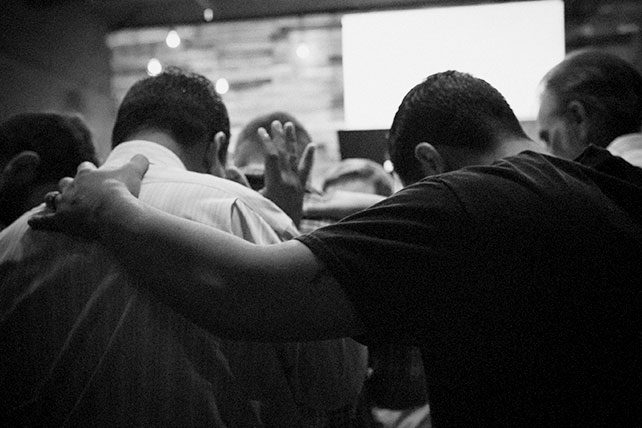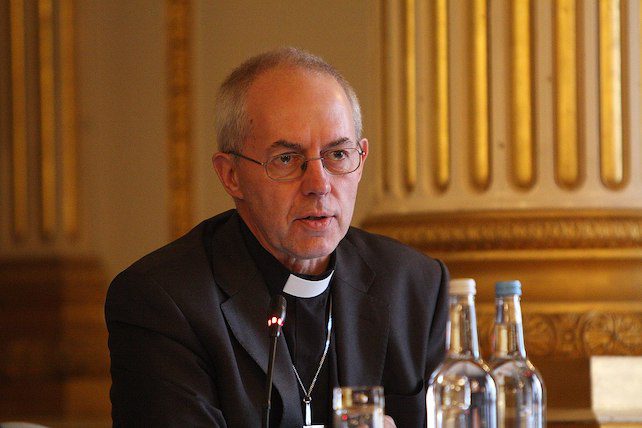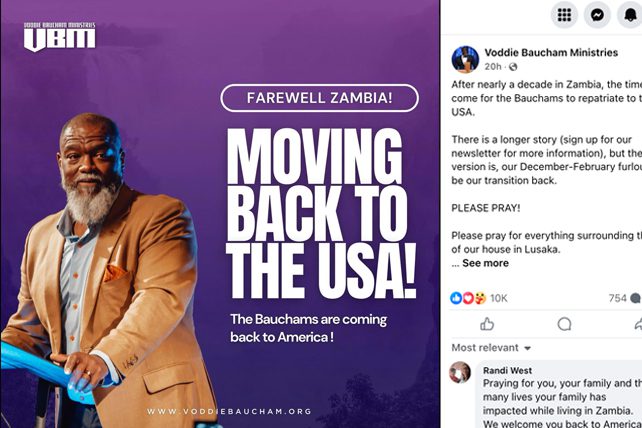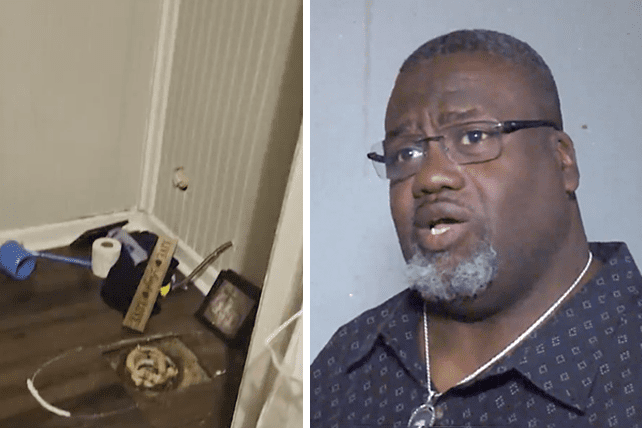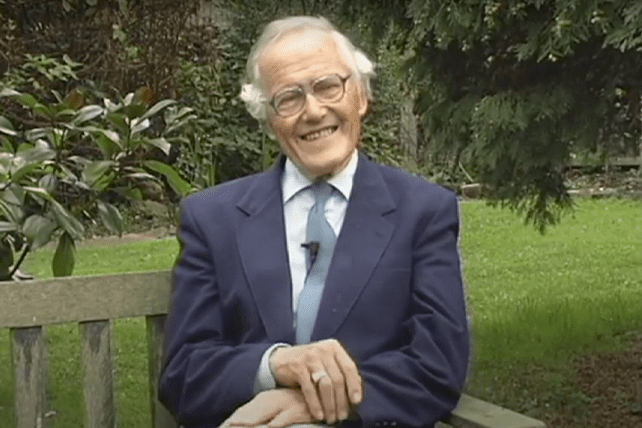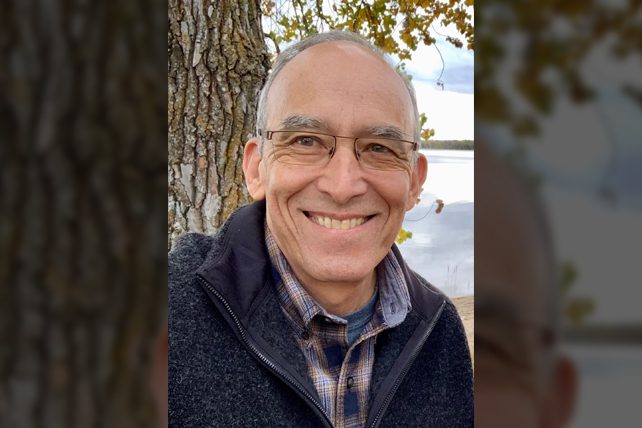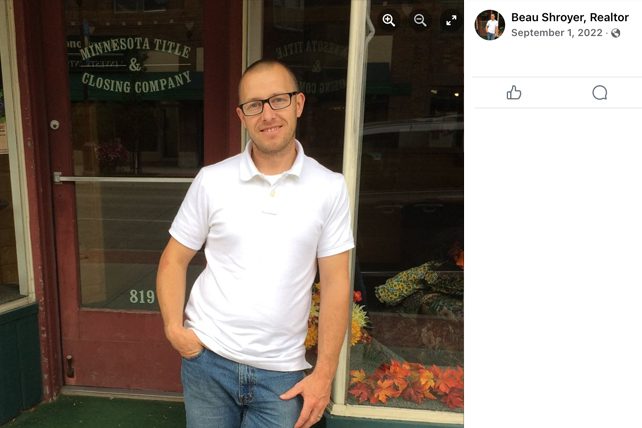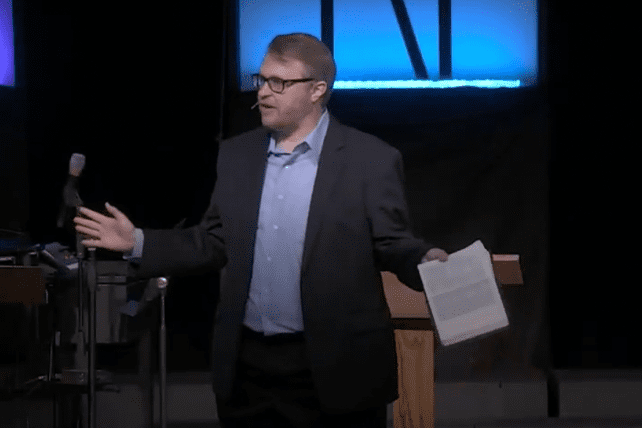What role does worship have in seeing the impossible happen in people? Could it be we’ve underestimated what is going on in the room?
Jesus looked at them and said, ‘With man this is impossible, but not with God; all things are possible with God.’ ~ Mark 10:27
How many people do you know who can do impossible things? When we think of the impossible, we often first think of someone who can bend the rules of nature, doing a miracle, a sign, or a wonder of some sort (or at least appearing to do one).
Jesus did impossible things, including seemingly bending the laws of nature, or perhaps rather superseding them by engaging with higher laws at work. But in this passage, the “impossible” being talked about is the change of a human heart.
Is someone bending the laws of “human nature” as miraculous as a leper being healed or a broken ankle being restored? In other words, is it just as miraculous that a fearful person could become courageous, an angry person could become tender, or a hateful person could become loving?
If you’ve ever seen it happen, or it’s happened in you, you’ll know that the answer is a resounding yes – the changing of a human’s inner nature is just as miraculous as bread being multiplied for the masses.
One of the gifts of worship in a local church community is that we are participating with the Spirit of God in seeing impossible changes happen in peoples’ lives. You may know of stories, especially in your own congregation, where someone who was locked into one pattern of living, over time, was softened by the water of the Word of God and the worship of God’s people.
They walked in the door of your community one day as one person, and they walked out another day as someone barely recognizable to their family and friends.
Make no mistake; while worship is not a magic wand, there is power in an environment where we are singing songs dense with what is true, what is right, and what is lovely. And when it is clear that many of us are meaning those songs, from the heart, as we sing them? There is power in being in such a room, and many of our neighbors never get to experience what we take to be so normal.
Add to this that the Holy Spirit is active in our midst, moving among us, as we worship, to help us to both will and do the desires of God in the world – and we have a recipe for impossible things happening.
If you participate in leading people in worship, you participate in people experiencing the Spirit who makes the seeing the impossible happen in their lives and hearts. And that miracle is worth seeing again and again and again.
Prayer
Spirit of God, there are impossible things waiting to happen this week in the lives of people during our times of worship. Help me to serve with humility, facilitating what You are doing through the unique part that I play in worship. I have no need for glory to come my way when so much glory can come Your way as you work out Your will in the lives of those You love.
This article about seeing the impossible happen originally appeared here, and is used by permission.

